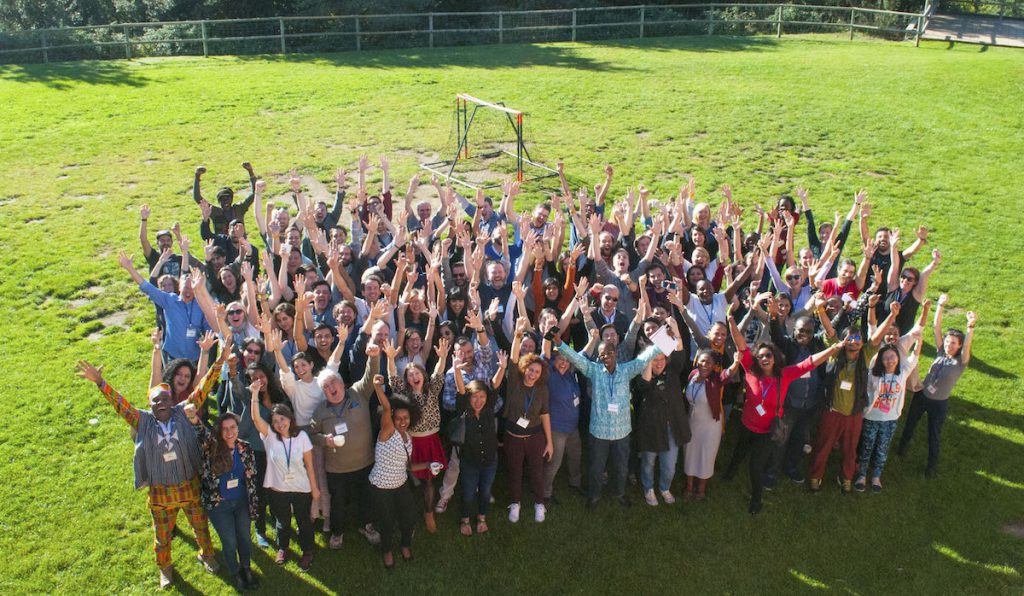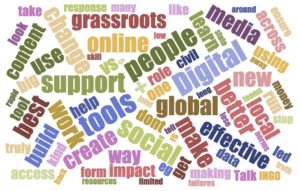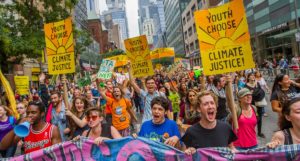An unprecedented mix of campaigners and activists gathered for CampaignCon last week. We shared expertise, built network strength, and grew the capacity of our campaigns to win at every level.
We had a unique opportunity to learn. Campaigning is complex, emotionally draining work. That’s more true now than ever. Every day we face decisions about engaging and mobilising people in fast-changing (and often dangerous) political and technological environments.
Over four days we asked questions, taught one another, tested ideas and planned ways to support ourselves, our organisations and our campaigns.
“CampaignCon is a brilliant mix of people, experience and passion in a beautiful place.”
– a CampaignCon participant
Early on, we shared questions, innovations and ideas needing feedback – and anything else we wanted to talk about at CampaignCon. Over 400 statements covered the wall. Many questions evolved into campaigner-led sessions. (Read more about what’s on the mind of campaigners.)
We surfaced common themes, concerns, goals, obstacles and strategic insights. Here’s a look at what we found.
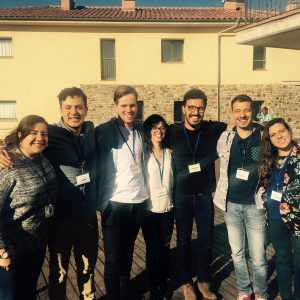
CampaignCon working group to look at networking campaigns and campaigners in Latin America.
Building campaign knowledge and strategy
We disassembled the experience of others, looked for takeaways, and put what we learned back together to apply in our own campaigns. We used opportunities to share first-hand stories about innovation, tools, and actions.
“Unequivocal chance to learn from the most diverse range of skilled and passionate activists from around the world.”
Participants led sessions on campaigning in difficult circumstances, security, and systems change. For instance: Digital tools for low bandwidth / low-tech environments looked at, among other things, how to use anonymous SMS when there’s no Internet and how Firechat, Telegram and other tools are being used.
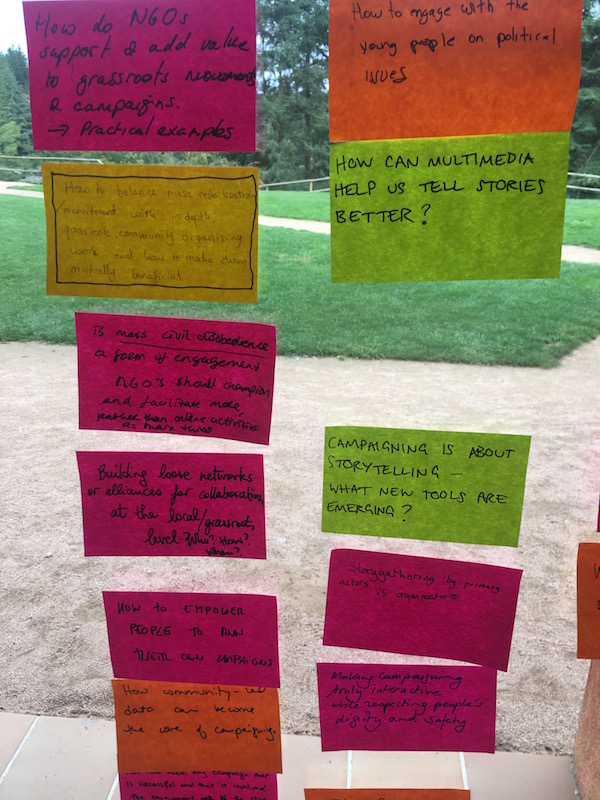
Post-it notes are the currency of campaign planning.
There were also sessions on Experiential Campaigning and Participatory Campaign Planning. A session on Rapid Response Campaigning looked at how strong partners are critical to fast action and gave specific examples from recent work around Amnesty, Greenpeace, and climate campaigns.
“CampaignCon is a place to share ideas, co-create and find best practices through true participation in an event.”
CampaignCon gave people time and space to learn.
“CampaignCon has really improved my understanding of what good campaigning is.”
Creating space – and security – to campaign
Activists and civil society groups are struggling with shrinking democratic space. Government actions around the world are threatening campaigns, communication and even activist safety. Related: staff at Civicus shared the just launched Monitor – an interactive system tracking news about government restrictions on advocacy and campaigning around the world.
Campaigners want to better protect communications and data. They also need to secure their own safety and that of partners, volunteers and local activists.
In response, we organised sessions like Data Security and Campaigning in a shrinking civil space with anti-NGO government bias.
“The most dangerous threat beside personal compromise is the loss of the data within a project or tool. Taking care of the database should be a top-priority…decreased trust has more impact in an NGO setting.”
– Notes from session on data security
We Win Together
The diversity at CampaignCon crossed multiple vectors (Global South and North, issue focus, org size ranging from community groups to INGOs). The variation and safe space to talk prompted open discussions and sessions about what working together – and sharing resources – looks like now and how it could change in the future.
The result included collaborative conversations about moving resources from big to small organizations as well as how to bring local actions to global audiences. One session, Moving money directly to movements and communities, directly tackled the complexity, difficulty and success stories surrounding direct funding for local community action.
In a session called Uniting Local Community Action into Global Impact, participants talked about connecting local people to the global systems – food, economics and energy – impacting their lives.
“People have a strong sense of justice. They may not know the vocabulary, but it’s easy to bring people together with a simple explanation.”
– Notes from Uniting Local Community Action into Global Impact
Another session, Collaboration between NGOs, quickly progressed to discussion about how to build collaboration with unions and social movements as well as local and international NGOs.
Every campaigner is a teacher (and a student)
“Co-creation & authenticity is the heartbeat of this event.”
The participant-led format of CampaignCon gave us all an opportunity not just to speak but to facilitate conversation. As we open up campaigns and movements, seek to create leaders among volunteers and grow lasting campaigns, it’s important that we recognise that everyone in our networks can teach others in the global campaign community (and their local teams).
It’s also critical that we understand how to help people facilitate, lead and nurture innovation. CampaignCon provided an opportunity to do just that.
Where do we go now?
The final session of CampaignCon focused on putting campaigners together to tackle tangible problems. We created about 25 working groups covering a range of geographies, issues, technologies and strategic questions. These included creating an online collaboration platform in Africa, digital security, social media, using bots in campaigns, and a team that’s exploring participatory campaign design.
We can’t wait to see what happens next. Hope to see you at CampaignCon 2017!
Thank you to all the organisations that helped make CampaignCon happen:
Action Aid | Aspiration | Campaign Bootcamp | Civicus | Greenpeace
Oxfam | Purpose | Rhize | Save the Children
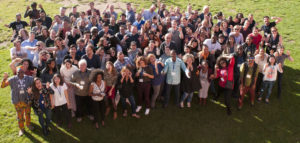
CampaignCon 2016 attendees.
